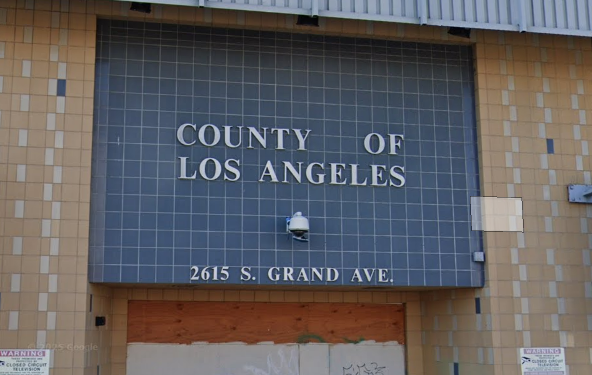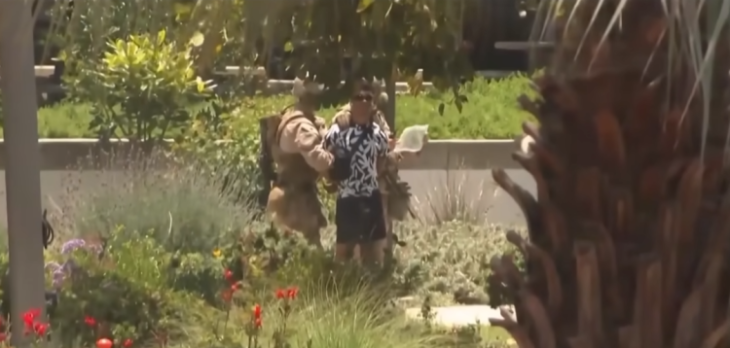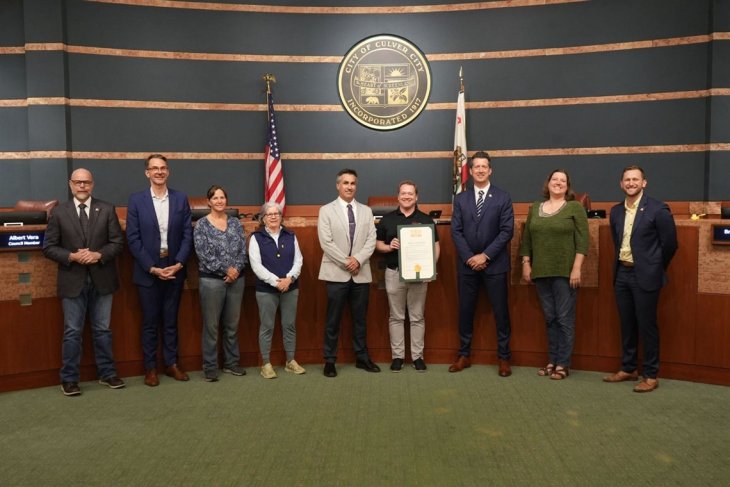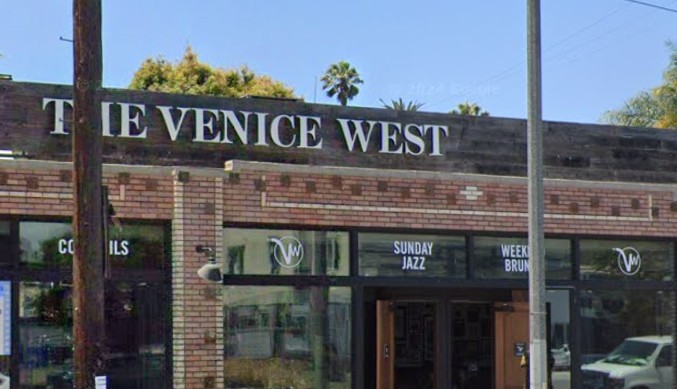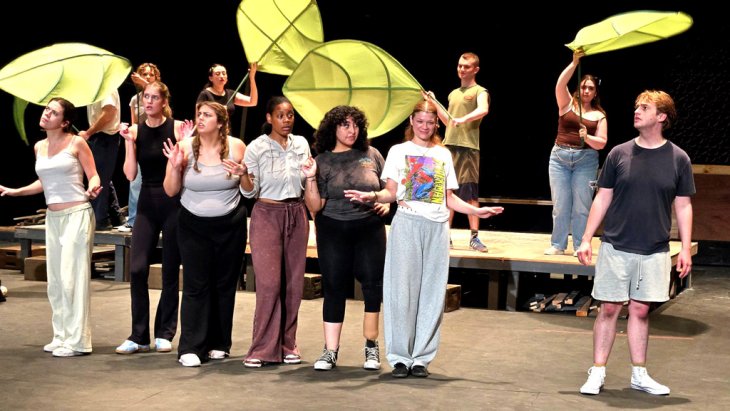
Closing arguments are expected today in a closely watched Los Angeles music copyright case that pits pop hitmakers Pharrell Williams and Robin Thicke against the family of Motown great Marvin Gaye, who contend that the pair lifted portions of the 1977 chart-topper “Got to Give It Up” for their summer smash “Blurred Lines.”
The federal lawsuit was originally brought two years ago by Thicke, Williams and rapper Clifford “T.I.” Harris Jr. as a preemptive strike to protect “Blurred Lines’ from legal claims that it was derived from the decades- old Gaye hit.
Frankie and Nona Gaye then filed counterclaims alleging that Thicke’s apparent fascination with their late father led to the misappropriation of Marvin Gaye’s work in the creation of “Blurred Lines” and “Love After War.”
Writing credits on “Blurred Lines” are shared by Thicke, Williams and Harris, while the production is credited to Williams, who had nothing to do with “Love After War.”
Williams took the stand Wednesday and denied the Gaye family’s assertions that key passages in the multimillion-selling “Blurred Lines” echo similar parts of the disco-tinged “Got to Give It Up.”
The 41-year-old singer, composer and producer said he has loved Gaye’s music since hearing Motown records around the house growing up.
“The last thing you want to do is take something of someone else’s when you love him,” Williams testified. “If I had, I would have dealt with it properly. It’s the fair and right and just thing to do.”
The 11-time Grammy Award winner was adamant that “Blurred Lines” and “Got to Give It Up” were similar only in terms of genre.
“Soul music sounds like soul music,” Williams said, adding that he understood why fans connected the two songs.
“I must’ve been channeling that late ’70s feeling,” Williams said, adding that the Gaye track “did not cross my mind” during the making of the Thicke hit.
The tracks share “feel — not infringement,” he told the Gaye family attorney.
The eight-member federal civil jury will be asked to determine if Thicke and Williams lifted eight elements from “Got to Give It Up” for their summer 2013 hit single, and if so, how much money should be awarded in damages to Gaye’s survivors.
Gaye’s family is seeking about $40 million in damages, a figure that includes the published earnings of “Blurred Lines” and a share of Thicke’s touring income. They are also seeking compensation for an alleged misappropriation of the Gaye track “After the Dance” in the title track of Thicke’s 2011 “Love After War” album.
Evidence shows that Thicke and Williams each earned more than $5 million from the success of “Blurred Lines,” while Harris — who got a co-writing credit due to his part late in the recording — made more than $700,000.
The single, which cost nearly $6.9 million to produce and market, has reaped more than $16.5 million in profits since its release two years ago.
U.S. District Judge John A. Kronstadt ruled before the start of trial that the alleged copyright infringement should be based on the registered sheet music of the two songs, rather than the recorded versions.
Although jurors have seen the “Blurred Lines” video and heard the song, they must consider only the chords, melodies and lyrics of the songs, rather than production elements of the recordings.
Marvin Gaye was shot to death by his father in Los Angeles on April 1, 1984.



